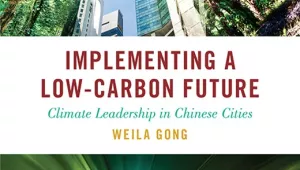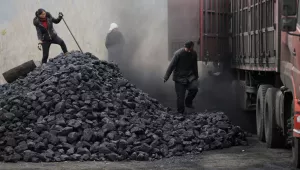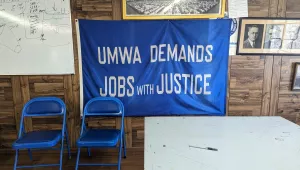Image

Weila Gong
Alumni
Former Postdoctoral Research Fellow, Environment and Natural Resources Program/Science, Technology, and Public Policy Program
6
results
Filter by
Filter
Your search did not return any results. Please try another search.





